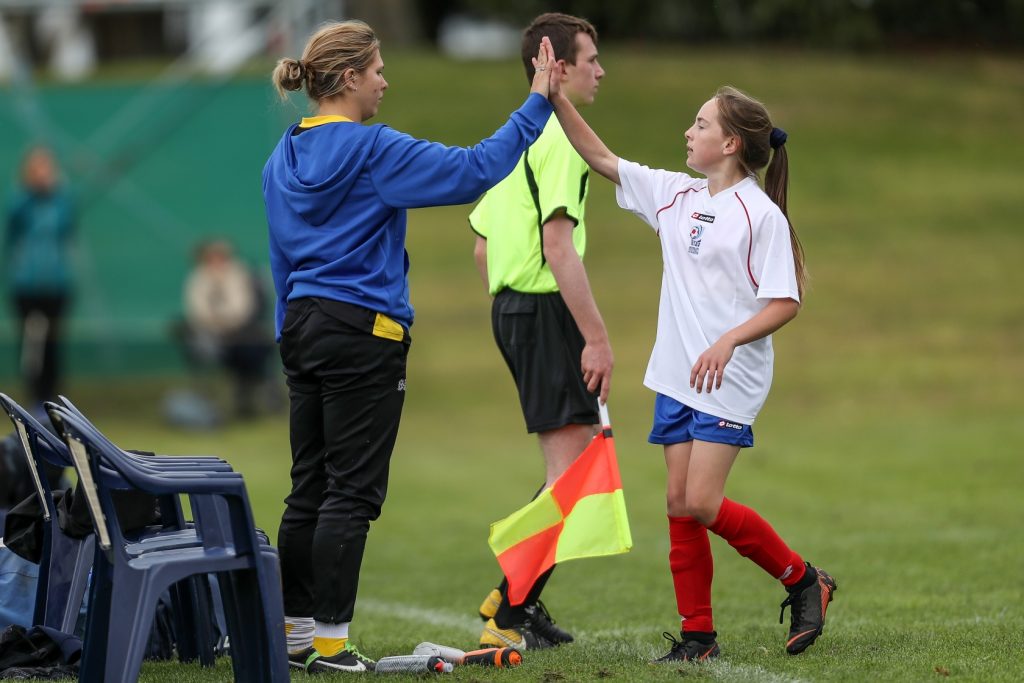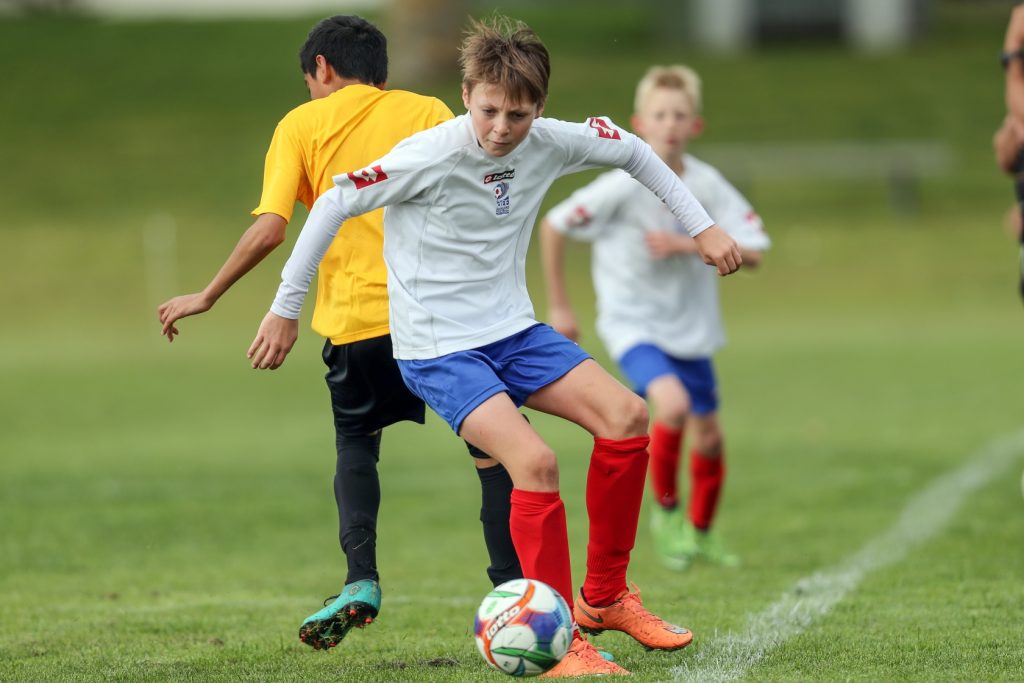In 2017, Auckland Football Federation was facing two interrelated problems.
For the last 65 years, the federation had been selecting representative teams to attend the Weir Rose Bowl Tournament, an under-12 football competition, historically involving representative teams from Auckland Football Federation (AFF), Northern Football Federation and the WaiBoP Football Federation.
This process, while widely accepted as the status-quo within the football community, was in direct contrast to best practice and research around player development.
The issue, however, wasn’t only the concept of representative teams, it was also the duplication of training programmes, skills delivery and education.
Traditionally AFF delivered a Skills Centre Programme preparing players for Weir Rose Bowl. In recent years, the quality and impact of this programme was questionable. Clubs also delivered similar programmes, few of them using the New Zealand Football Skills Centre framework.
Impacts were that players were facing an unreasonable training load, parents were required to fork out for special rep team gear and sessions, and clubs were trying to manage their skills delivery programmes without much support from AFF who were also delivering a skills development programme in direct competition with clubs.
AFF realised that this multi-faceted problem would require a multi-level approach and made three key decisions, putting a halt to AFF-selected representative teams at the junior level, empowering clubs and staff to make selections and delivering aligned programmes, and changing the focus of the Weir Rosebowl Tournament to a festival.

AFF withdrew from identification/selection, coaching and administration of teams representing the AFF region to play in the Weir Rose Bowl. Previously, AFF had selected representative teams on a performance-based criteria. The shift saw clubs selecting their own teams, with an emphasis on development and fun.
AFF also set prerequisite criteria for clubs wanting to enter teams into the Weir Rose Bowl. In the first year the criteria was attending a qualifying tournament run by AFF and in the second year clubs had to be endorsed by AFF by delivering Skills Centres. In doing this AFF were able to encourage clubs to prioritise skill development using the NZ Football Skills Centre model, ensuring clubs could provide a consistent, quality skills development programme.
AFF also withdrew from delivering Weir Rose Bowl preparation programmes and turned its focus to supporting clubs to deliver Skills Centres and providing coach education.
The result? A better experience for players, greater opportunities for those that were previously excluded, reduced costs for parents, empowered and engaged clubs and an improvement in the quality of the club-based delivery model.
A shift from a tournament focus to a festival focus also provided opportunity for wrap-around informal education to key stakeholders – parents – a key enabler of behaviour change.
“Collaborate and execute, don’t be scared to tackle historical institutions if the rationale for doing so is valid and backed by strong evidence externally as well as internally”
Steven Upfold, Auckland Football Federation
While AFF took a leadership role and drove the change process, the process itself was one of consultation and dialogue. There was significant internal discussion and collaboration with staff experts in the field. Stakeholders were all invited along on the journey. AFF took a direct approach when communicating discussions, outcomes and requirements while remaining open to queries.
Clubs were excited for the opportunity to take ownership in their region and while the philosophical rationale attracted some naysayers, the changes were generally welcomed and the results spoke for themselves.
The changes made by AFF are an important first step in the number of shifts needed to align with the Balance is Better philosophy. Despite these changes and the positive reactions to them the presence of the Weir Rose Bowl tournament will still drive some hypercompetitive adult behaviour, something that will need to be addressed in the future. However, AFF have be buoyed by the positive impact from their changes to date and have seen other regional football federations following suit.
By recognising their shortcomings, taking a hard look at where their actions didn’t align with desired outcomes and challenging a flawed historical model, AFF were able to implement positive changes that have now also been adopted by other regions including Northern Football and Waikato-Bay of Plenty.

Image Credits: Auckland Football Federation







